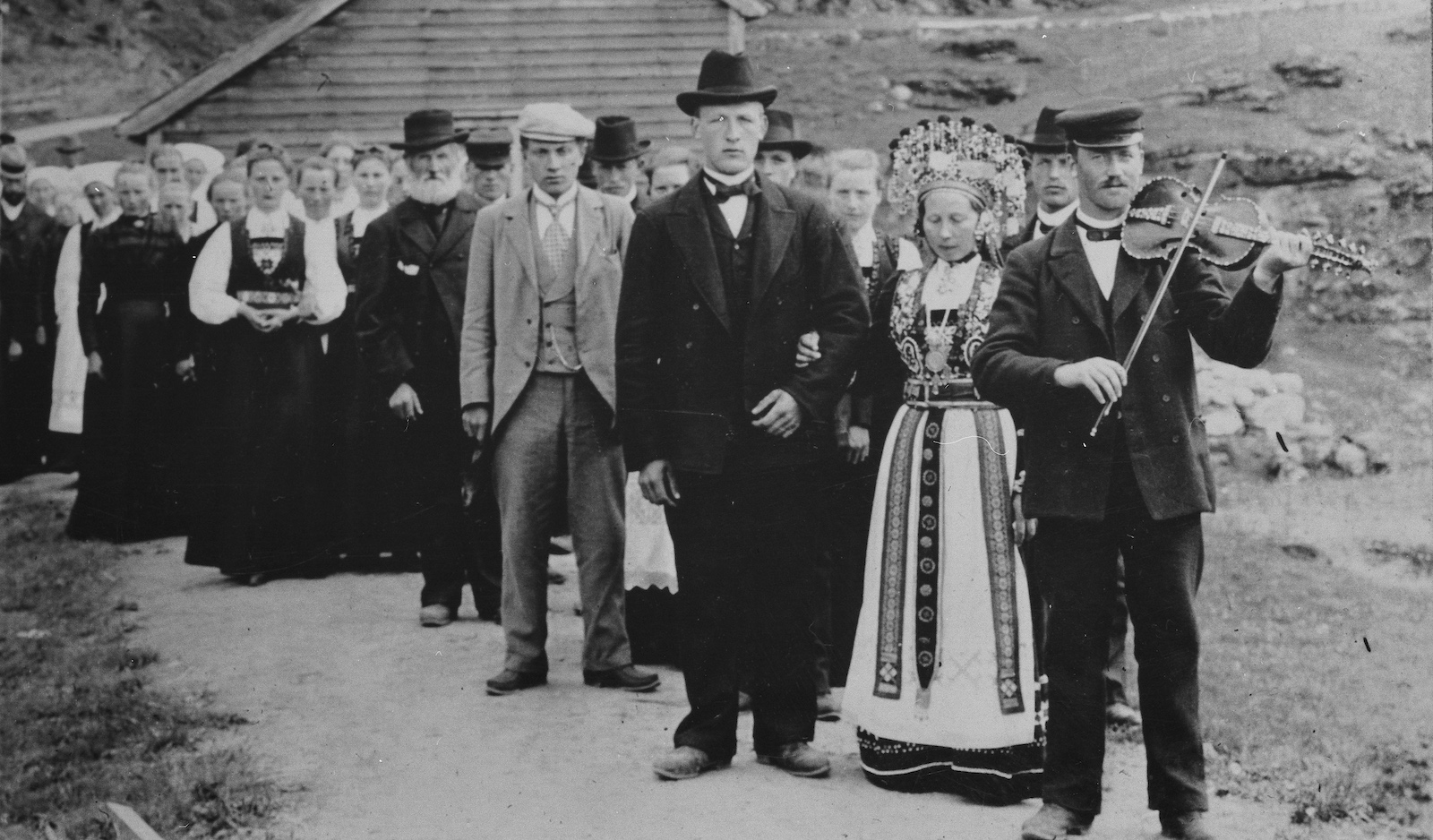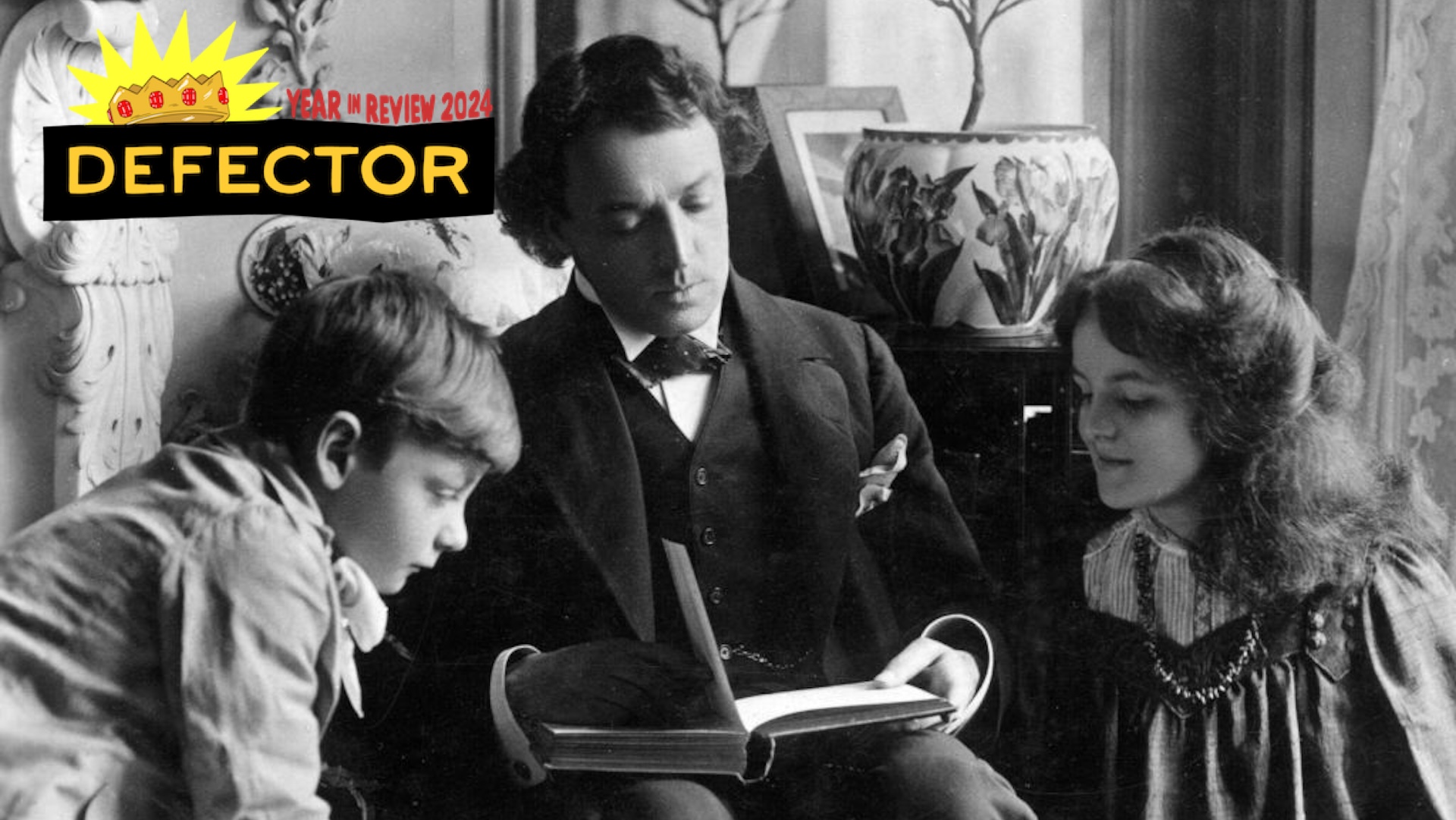Some marriages are bad. Take for example the one between my parents, who married when they were both unhappy, messed-up, half-feral teenagers with no idea how to take care of themselves or each other or (minutes later) their children; neither of whom had ever been given an opportunity to witness and learn from a functional marriage or family, so that together they could never muster more than a couple of fitful, unsynchronized steps toward any half-formed idea of happiness or stability; who definitely hated each other sometimes, or at least communicated with each other as though they did, which comes to the same thing as far as I'm concerned; who never made any choice better or more obviously correct than the choice to divorce each other when I was still in elementary school. (They're both much happier now, thank you for asking.)
If that is not at all a unique type of marriage, in the history of marriages, it nevertheless is not What Marriages Are Like. If I believed that marriages were like that, that marriage, categorically, was just Like That—that a marriage was doomed to sadness and failure and guilt and dissolution—then I would never have gotten married in the first place. Thankfully, there are other types of marriages. There are good ones.
My marriage, I think, is a good one; I checked with my wife and she thinks so, too. She and I have had modestly rough times, periods of stress and lapses in communication, times when one or the other or both of us went a while feeling quietly lonely or weirdly far apart, times when those feelings curdled into resentment and we had to fix it. We're people; we've been married for 13 years and together for several years longer than that; of course there are and will be times when we fall out of sync with each other. The vow to depend on one other person for love and care and partnership for the whole rest of your life makes you uniquely vulnerable to that person, and they to you: When one of you is distracted, when your internal resources are low, when your perspectives differ sharply and it's hard to reconcile the two, when the needs of your kids or your jobs feel as though they have squeezed each of you to opposite peripheral corners of your life and you can't reach each other from there, it's scary and it hurts. Your spouse can't just pop down to the store for what they agreed to seek only from you, forever.
Still! And not in a creepy evangelical speak-it-into-existence type of way: My wife is the best thing that ever came into my life. Marrying her is the best decision I ever made. Being married to her is by miles the part of my life I feel best about. I am closer to her than I am to anyone else; I like her more than I like anyone else; I trust her more completely than I knew a person could trust another; she is exciting and cool and I follow her around the house like a cat following a laser pointer. I am so much happier even on the worst days of being married than ever before in single life that I look back at pre-married me with a pity that is both genuine and also ever so slightly mingled with disdain: That poor clueless idiot. That bereft doofus.
I have no idea how many marriages are like mine. Frankly I'm not all that curious about it. I know that my marriage is not What Marriage Is Like; I also know that a marriage can be like my marriage, which I experience simultaneously as both the soil that nurtures pretty much every good thing in my life and also the prettiest and most precious thing growing in that soil, and so my opinion of marriage is that marriage rocks, because it can be that. Maybe other things can be that! I do not know. I know marriage can be that. Anything that gives a person even half as much as my marriage gives to me, in my opinion, is the bee's knees.
It's weird to write all of that, because I have a strong preference for privacy and a natural inclination toward writing about things that suck, and for the lesser (but possibly more germane to this blog) reason that the conventions of writing about marriage tend to dictate sharing only sour and/or weary thoughts on the subject. Take my wife, and so forth. You are supposed to say things like "Marriage is hard and you have to work at it," or "I love my spouse and I'm glad we're together but sometimes I think back on the freedom I had when I was single and it makes me want to cry," or whatever. You are supposed to say things like "Marriage Requires Amnesia." And when somebody says something like that, you are supposed to nod along in weary, grey-faced agreement—Yes, marriage is like that, it's so true—so that nobody will regard you as a naive boob insufficiently jaded by the mean streets of adult life, or a liar.
Which brings me at last to the news peg for this blog, a breathtakingly awful and miserable Dec. 24 New York Times article by "Ask Polly" advice columnist Heather Havrilevsky titled, well, "Marriage Requires Amnesia." Here is a representative sample:
Love and hate are birds of a feather. I need you, therefore I hate you. I can never leave you, therefore you are my bunkmate in this prison we freely chose, back when we were younger and even stupider than we are now. No sooner are you saved than you start to resent your savior.
New York Times
The idea here is a very tired and old one. To be married is to be in the constant presence of someone you loathe and resent, someone of whom you're sick and bored, someone whose peccadilloes and bad habits will grind off within a few short years the flimsy veneer of stupid romantic love you once and embarrassingly felt for them, so that after a while what sustains your union will be grim rote loyalty and/or dependence, falteringly illuminated from time to time by a grudging and inexplicable flicker of degraded affection, which you will experience much like Jacob Marley experiences the unendurable chains he must tote through the horrible, horrible afterlife.
Havrilevsky regards her husband as a tedious bore and a slow-witted oaf. In her eyes he's a bad and selfish father to their children, and a neglectful and insensitive spouse. He's high-strung; he's viscerally gross; he's inert. His life's pursuits are pathetic wastes of time; he's "a cursed academic, a cross between a lonely nerd speaking some archaic language only five other people on earth understand and a haunted ice cream man, circling his truck through the neighborhood in the dead of winter, searching for children." When she sees him with "scorching clarity," she despises him.
This is why surviving a marriage requires turning down the volume on your spouse so you can barely hear what they’re saying. You must do this not only so you don’t overdose on the same stultifying words and phrases within the first year, but also so your spouse’s various grunts and sneezes and snorts and throat clearings don’t serve as a magic flute that causes you to wander out the front door and into the wilderness, never to return.
New York Times
How generous! To do your spouse the kind favor of ignoring and forgetting them, so that your otherwise overwhelming urge to abandon them can be abated, temporarily: This is marriage, as someone who presumes to give advice for a living understands it.
It's about here, less than a quarter of the way through this terrible, ridiculous piece of writing, that I started thinking about exactly how profoundly my wife would have to have wronged me, how galactically and intractably miserable in my marriage I would have to be, before I could even consider doing this to her—taking to the pages of The New York Times to savage everything about her and tell the world that our marriage exists by the grace of my mercifully deigning to forget all of what I've just detailed at length to the largest print readership in the anglophone world, to indict her as a parent and spouse before all the world; to belittle her passions and air out her unconscious habits; to write and publish that she is "not a good learner." And I started thinking about how, if I even had it in me to do this to the poor sucker who stood in front of their family and promised to love me and care for me for the rest of their life, it would not be my forgiveness and tolerance of them that deserved honorable mention in The New York Times.
Marriage requires amnesia, a mute button, a filter on the lens, a damper, some blinders, some bumpers, some ear plugs, a nap. You need to erase these stories, misplace this tape, zoom out, slowly dissolve to black. I start to spend more time in my head. I start to daydream more.Surviving a marriage requires self-care, time alone, time away, meditation, escape, selfishness.
New York Times
There's a reprehensible and—for one who, again, presumes to advise others as a vocation—unforgivable cowardice at play when a person looks at their own marriage, sees one so unhappy and poisoned that writing at length and in detail in The New York Times about how much you hate your spouse and about the hard work of sustaining your willingness to tolerate them seems reasonable, and then is like, "Yep, that's what marriage is like." What's most insidious about this cowardice is that it is disguised specifically as courageous honesty: The willingness to peer unblinking into darkness and describe it for the world.
Maybe your marriage just sucks! (Maybe this is in part because one of the parties to that marriage is the sort of person who will air out their spouse in the pages of The New York Times, an act that I feel sure no fewer than 999 out of any 1,000 normal spouses would regard as an incomprehensibly monstrous betrayal, but then again maybe not.) Maybe you are unhappy in your marriage and constantly resentful of your spouse—maybe you dare congratulate yourself for the loving work of forgiving this person for what they are like—not because That Is What Marriage Is, but because your marriage, specifically the one between you and this other person, is dysfunctional and shitty. This is a possibility that entails choices: If these are facts of your marriage and not of marriage itself, then maybe you are responsible for them; maybe there are choices you made that produced these facts, and choices you could make to swap them for different facts. Maybe you would have to take ownership of your own adult life, instead of shrugging and then viciously describing your partner in that life to the world like a flesh-wasting disease you contracted through no fault of your own. Maybe it would indict your qualifications for telling other people how to live their lives if you had to own your own marriage sucking particular shit, rather than praising yourself—in the newspaper!—for having the generosity of spirit not to hold too unkindly against your spouse the fallibility for which you just trashed them in the newspaper.
I don't know Heather Havrilevsky's husband; I am not even particularly sure he exists, and kind of hope he doesn't. Possibly he is an asshole! I don't much care either way, beyond the conviction that he would have to be an absolute nightmare of a husband to deserve the humiliation of being aired out in personal terms in The New York Times by the very person he vowed to honor and cherish forever. I could not even say aloud "I hate my wife" here at the table where I am writing this blog without feeling like a heel about it. If I had the impulse to say that about her, much less to write about it for publication to all of the world, that would be a crisis. I don't think that is because either of us are especially saintly; I think it's because our marriage is not a hellish toxic wasteland.
My point here is not to exalt my own marriage (though it's sort of fun, I must admit) or to defend The Institution Of Marriage. There are just marriages, made up of people, and the promises you make, freely and entirely of your own volition, and what kind of person you want to be.
Speaking of which:
During these talks, I encourage Bill to be more like me: Give up control. Relax. Let these birds make their noises, and they’ll quiet down quickly. When you treat them like they’re doing it wrong, it only gets worse.But Bill doesn’t learn new lessons that quickly. He studies the learning sciences, but he is not a good learner.So I resolve to let everyone squawk and caw until they get bored, or become distracted, or fall asleep, or cheer up.And when Bill says the wrong thing, I think, Forgive him, forgive yourself, let it go.It’s harder than it sounds. But during these conversations, Bill looks handsome to me again. He sounds like someone I’m still in love with. The feeling comes back. The camera zooms in, the focus sharpens, charming little details emerge. I remember why I chose him. In spite of everything, he’s still my favorite person. I can see why we’re together. We might stay this way forever.
New York Times
This is an incredible way to end a long and extremely mean blog publicly airing out your husband to millions of readers and telling them all what a dumb piece of shit you think he is! What sustains our marriage is how much stronger, wiser, and more mature I am than my husband, and my ability to forgive him "in spite of everything" for not being "more like me."
Bill! This is the person your spouse wants to be, and is proud of herself for being: Someone who will tell the whole world that you are a stupid worthless loser and then say that you need to relax and be more forgiving, like her. Who hates you! Who wants the whole world to know she hates you. From the bottom of my heart, buddy: Call your fucking lawyer.





